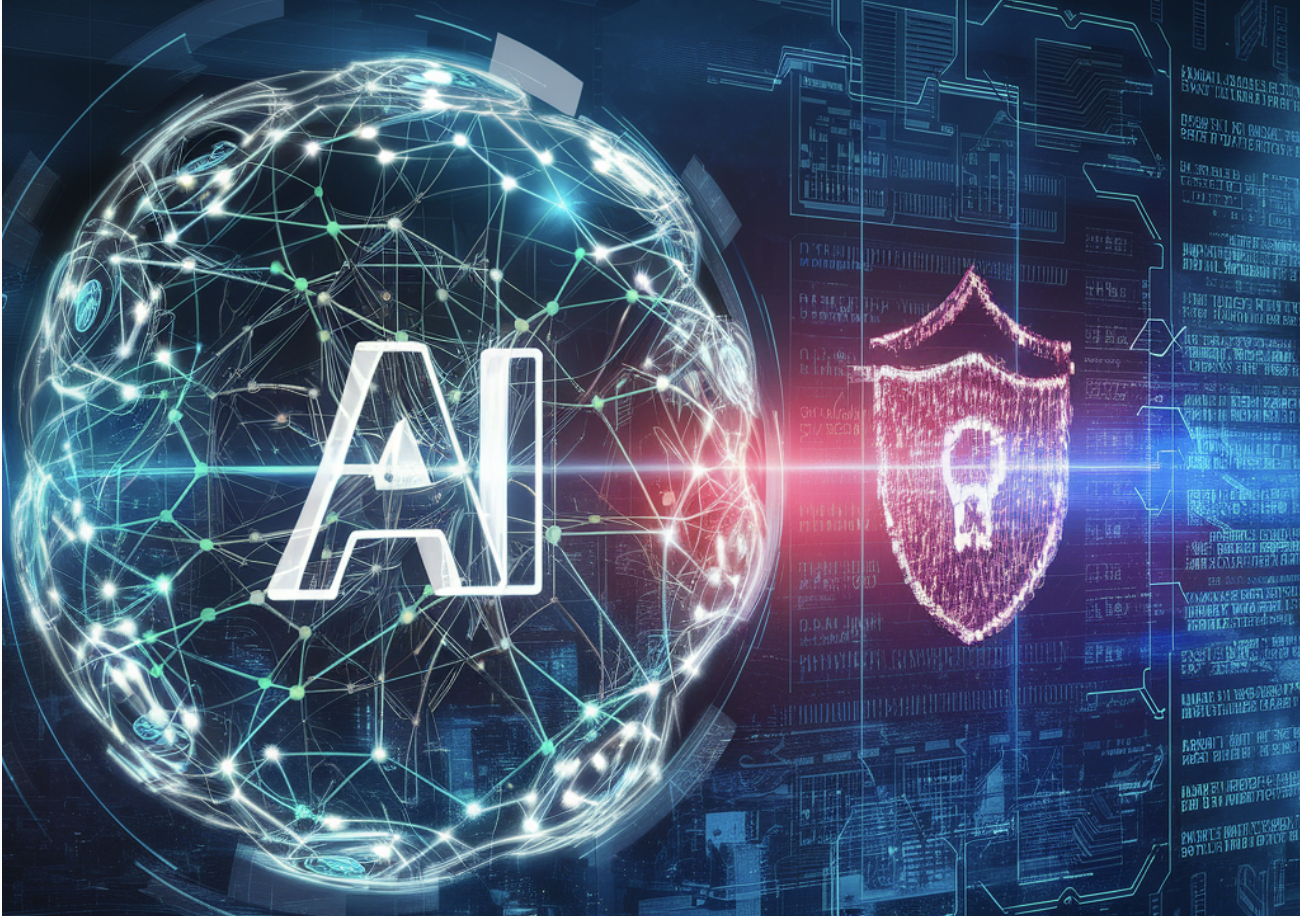
Balancing Innovation and Threats in AI and Cybersecurity
AI is transforming many sectors with its advanced tools and broad accessibility. However, the advancement of AI also introduces cybersecurity risks, as cybercriminals can misuse these technologies. Governments and major AI firms are working on policies and strategies to address these security concerns. The study examines these measures and explores how AI can bolster the resilience of information systems against new cyber threats.
Strengthening Resilience in AI and ML Systems
AI and ML systems need help with data quality, robustness, and security, which can impact their effectiveness. This study investigates methods to enhance the resilience of AI and ML systems against various risks, including adversarial attacks and data disruptions. It looks into government policies and corporate strategies to ensure these technologies’ reliability and trustworthiness.
The Evolution and Impact of AI and Machine Learning
AI and ML have made significant strides driven by algorithm advancements, computing power, and data availability. They play a critical role in various sectors, leveraging their capacity to analyze large volumes of data, extract insights, and make autonomous decisions. AI and ML are transforming industries by improving efficiency, boosting productivity, and facilitating better decision-making, making them essential modern technology components.
Boosting Information Resilience in AI and Cybersecurity
Information resilience refers to a system’s ability to maintain its operation, integrity, and performance during disruptions or attacks. In the context of AI and ML, resilience is vital for managing data quality and security issues and adapting to changing conditions. Cybersecurity is key to information resilience, as it safeguards network, data, and endpoint security. AI and ML contribute to resilience by automating threat detection, forecasting risks, and enabling adaptive security measures.
Global Cybersecurity Initiatives and Collaboration
Various governments, multinational companies, and international organizations have established policies and guidelines to create a secure and resilient information environment to address the rising threat of cyberattacks. Initiatives like the Bletchley Declaration highlight the importance of global cooperation in managing AI risks, promoting a unified approach to maximizing AI’s benefits while mitigating potential threats.
Corporate Contributions to Cybersecurity
Corporations are also advancing cybersecurity efforts. Microsoft, Apple, and OpenAI utilize various security measures and collaborations with governments and stakeholders to tackle global cybersecurity issues. These efforts underscore the need for a coordinated approach between public and private sectors to enhance global cybersecurity and build a robust information infrastructure.
Discover how AI can redefine your way of work
Identify Automation Opportunities: Locate key customer interaction points that can benefit from AI.
Define KPIs: Ensure your AI endeavors have measurable impacts on business outcomes.
Select an AI Solution: Choose tools that align with your needs and provide customization.
Implement Gradually: Start with a pilot, gather data, and expand AI usage judiciously.
























![Exploring Well-Designed Machine Learning (ML) Codebases [Discussion]](https://itinai.com/wp-content/uploads/2025/03/itinai.com_russian_handsome_charismatic_models_scrum_site_dev_96579955-dded-4288-b857-3ee0b72c8d7a_2.png)

